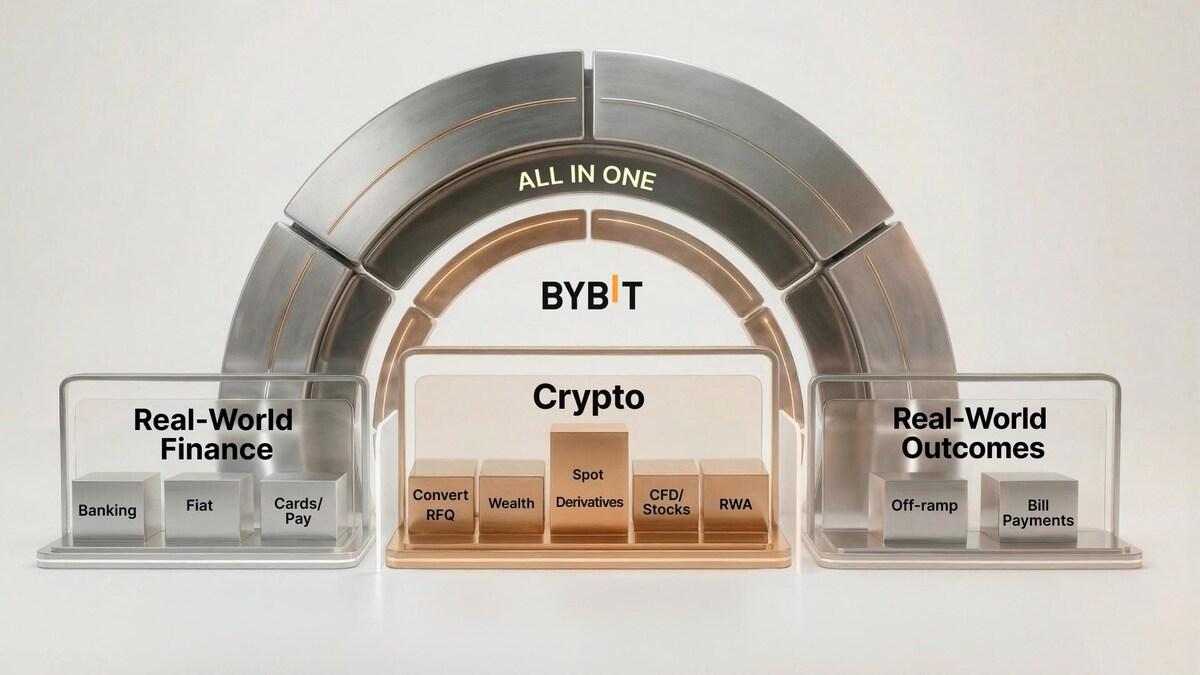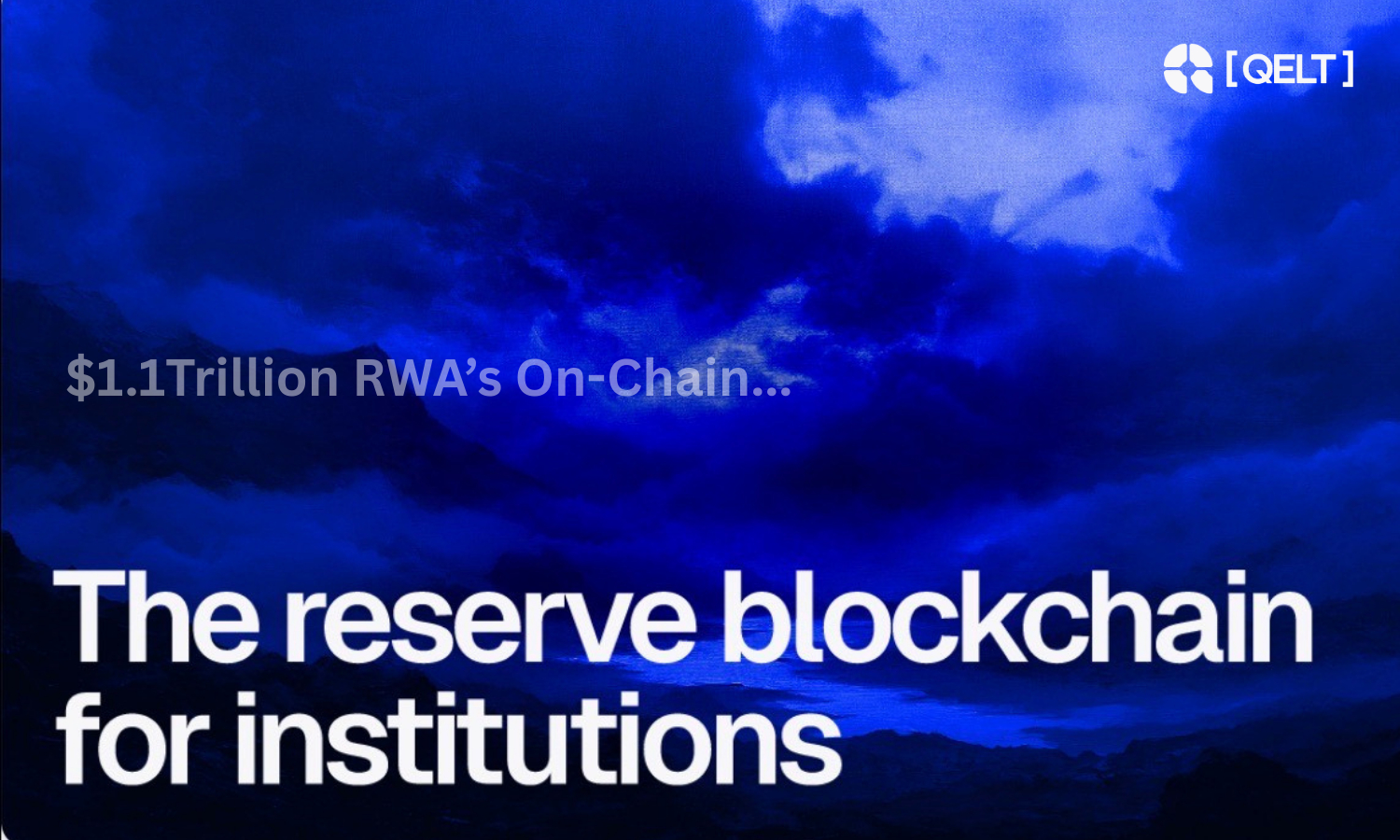Key Points:
- The Central Bank of Montenegro partners with Ripple for a digital currency pilot program, despite not being part of the Eurozone.
- Ripple’s vice president for central bank engagements and CBDCs, James Wallis, says the project will go through several stages, including identifying the practical application of a digital currency.
- Ripple is in dialogue with dozens of central banks globally and has multiple CBDC projects ongoing around the world.
On April 11, 2021, the Central Bank of Montenegro made an exciting announcement that it had signed an agreement with Ripple to develop a pilot program and strategy for a Montenegrin digital currency in the form of a central bank digital currency or a stablecoin.

The country has been using the euro as its currency since its introduction in 2002, despite not being part of the Eurozone.
According to James Wallis, RippleX’s vice president for central bank engagements and CBDCs, this project will go through several stages, including identifying the practical application of a digital currency or national stablecoin. The project will begin this month, and more details are expected to be revealed later in the year.
Wallis indicated that a sandbox stage is planned to put the future digital currency “into circulation under controlled conditions. […] We’ll work closely with the Central Bank to determine use cases, key success factors, and timelines.” This approach will help the Central Bank and Ripple to determine the practical application of a digital currency or national stablecoin.
Central Bank of Montenegro Governor Radoje Žugić stated that the central bank would work with the government and the academic community to analyze the advantages and risks that CBDCs or national stablecoins could pose with respect to the availability of electronic means of payment, security, efficiency, compliance with regulations, and most importantly, the protection of end-users’ rights and privacy. He added:

“As a central bank committed to following modern national banking trends, the Central Bank of Montenegro is actively ensuring it maintains an efficient financial system.”
Montenegrin Prime Minister Dritan Abazovic first disclosed the upcoming deal between Ripple and the Montenegrin Central Bank in a tweet from the World Economic Forum Davos in January. This signifies an exciting time for Montenegro as it ventures into the world of digital currencies.
Ripple has been touting its expansion in the CBDC space for months, with Wallis mentioning that the company “has multiple CBDC projects ongoing around the world and is in dialogue with dozens of central banks globally.” It is clear that Ripple is taking the initiative in the CBDC space and is determined to work closely with central banks to ensure the success of these projects.
DISCLAIMER: The Information on this website is provided as general market commentary and does not constitute investment advice. We encourage you to do your own research before investing.
Join us to keep track of news: https://linktr.ee/coincu
Annie
Coincu News






















